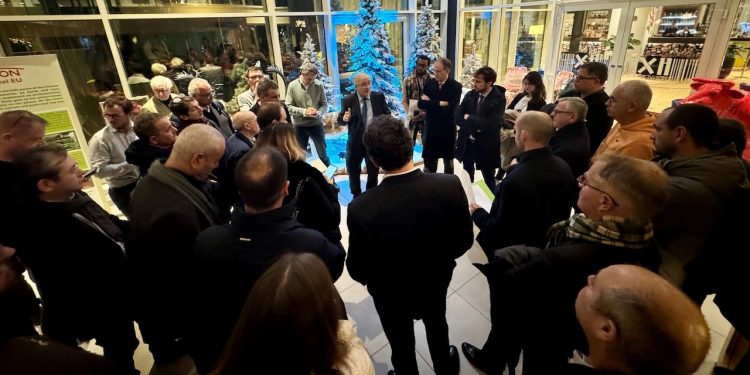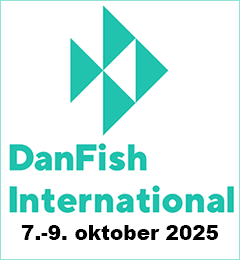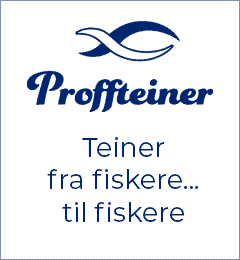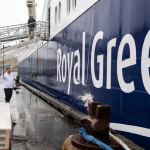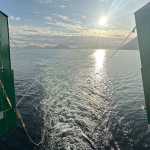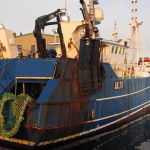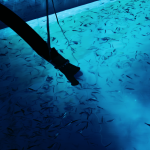French industry body CNPMEM has stated that the outcomes of this year’s December council of ministers were nowhere near as catastrophic has some predictions had suggested – particularly for the Mediterranean where there had been proposals to substantially slash days at sea for trawlers.
A CNPMEM representative also commented that having a minister invested in the fishing fleet’s interests was a first, and Fabrice Loher was able to make an impression during the 48 hours of intense negotiation.
For the Mediterranean area, fishermen had been despairing at the prospect of few than a hundred days at sea in the coming year, as this would have devastated fishing in the Gulf of Lyon. The suite of compensatory measures softens the blow of reduced days at sea.
‘The trawler fleet is underpins ports, auctions and the downstream sector in the Mediterranean. Outcomes for a single species cannot be allowed to cancel out the advances made with the other species under by the WESTMED plan,’ CNPMEM states, adding that for the Bay of Biscay the council outcomes are a mixed bag, not least with the langoustine quota down 25%, compared to the 40% reduction originally proposed.
An increase has been obtained for sea bass in the Channel, indicating that stock recovery efforts are showing success, while there are largely satisfactory outcomes with the stocks shared with the UK, particularly in the Celtic Sea with rollover or increased quotas for cod and whiting, and a limited haddock reduction.
Fabrice Loher announced that on the initiative of Belgium and France, a working group of eight nations is being established to examine the 2026 renegotiations with the UK under the Trade and Cooperation Agreement.
‘It is a relief to see that collective work between the organisations, the Minister and his administration, and the CNPMEM has borne fruit and has made it possible to find acceptable outcomes for fishing in 2025. It is only together that our proposals can secure and support our sector,’ said CNPMEM president Olivier Le Nézet.
CNPMEM also states that despite these positive results, its position is that the continued allocation of quotas on this basis is not acceptable, and there needs to be a move towards a multi-annual perspective.
‘This would allow fishermen to plan for the long term and avoid having to come to Brussels every year, with the threat of losing everything overnight,’ he said.

